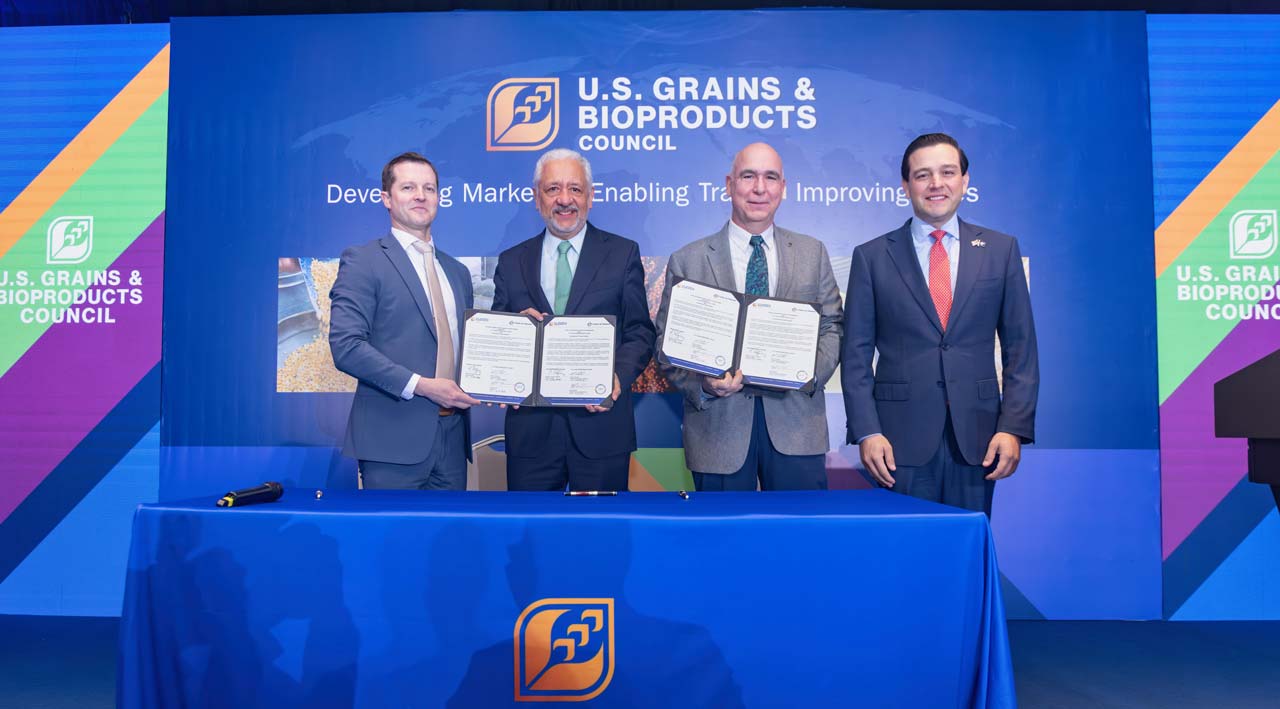REPORT OUTLINES ACP’S WORK ON CORPORATE SOCIAL RESPONSIBILITY, ENVIRONMENTAL CONSERVATION AND SUSTAINABLE DEVELOPMENT
The Panama Canal Authority (ACP) issued this year its first Social and Environmental Report, which outlines its work and commitment to Corporate Social Responsibility (CSR). The report describes how the ACP promotes environmental values and generates social synergy, including its work with communities to protect the Panama Canal Watershed. In addition, it provides information on the ACP’s values, objectives and commitments, as well as its economic, social and environmental performance. The report will be published on an annual basis.
“Our annual CSR report is a milestone for the ACP. This signifies and highlights our commitment to environmental stewardship, corporate governance and social responsibility. We acknowledge our role as caretakers of our country’s most vital resources – the Canal and its water,” said Safety, Environment and Security Director, Juan Héctor Díaz.
When the United States transferred the Canal over to Panama, the ACP took full responsibility for the management, maintenance, utilization and conservation of the water resources of the Canal Watershed. At present, the ACP, in coordination with government agencies, non-governmental organizations and local communities, is conducting integrated water resource management and sustainable development initiatives within different areas of the more than 500,000 hectares of Canal Watershed.
The ACP has launched several core CSR programs. Land titling, perhaps the most important one, addresses a long-cherished aspiration of the residents of the Watershed to own the land where they live. The ACP is providing financial and administrative support to Panamanian government agencies in charge of this program. To date, nearly 4,000 families have received their property deeds and another 1,200 titles are being processed.
The Immediate Action Plan, another core CSR program, involves the participation of residents from the Watershed in identifying short-term solutions to their basic needs, such as potable water, sanitation, education and permanent access roads. The experience that local communities gain from their participation in the whole process enables them to take part in a formal and responsible manner in all facets of the long-term sustainable development strategy of the ACP and the government.
Through an agreement with the Ministry of Education, ACP experts have also provided teaching aides to teachers in elementary schools with information about the Canal, the Watershed, sanitation, biodiversity, agroforestry and water resources. Training workshops are also held to engage local residents in hands-on projects. They learn alternatives to food production that help reduce the pressure and impact caused by human activity on the Watershed. More than 1,500 teachers in 373 schools and almost 75,000 students have participated in these workshops.
In partnership with the United States Agency for International Development’s office in Panama, the ACP selected four subwatersheds, which represent urban, rural, semi-rural and disturbed areas, to implement pilot projects proposed by its residents. These projects include components on reforestation, sanitation, adequate use of agrochemicals and incentives for cattle breeders to conserve natural resources while improving productivity.
The ACP’s management model stresses responsibility in maintaining the waterway and protecting the environment. An active participant in CSR initiatives, the ACP is a signatory of the UN Global Compact and was one of the 70 original founders of the Global Compact of Panama.
About the Panama Canal Authority (ACP)
The ACP is the autonomous agency of the Government of Panama in charge of managing, operating and maintaining the Panama Canal. The operation of the ACP is based on its organic law and the regulations approved by its Board of Directors. For more information, please refer to the ACP’s website: http://www.pancanal.com/.
The Authority’s responsibility to the Panamanian people is paramount. The Canal belongs to the people and benefits from the Canal should accrue to as many Panamanians as possible. The Authority will plan its future so that it will continually contribute to the economic development and welfare of the citizens of Panama.




